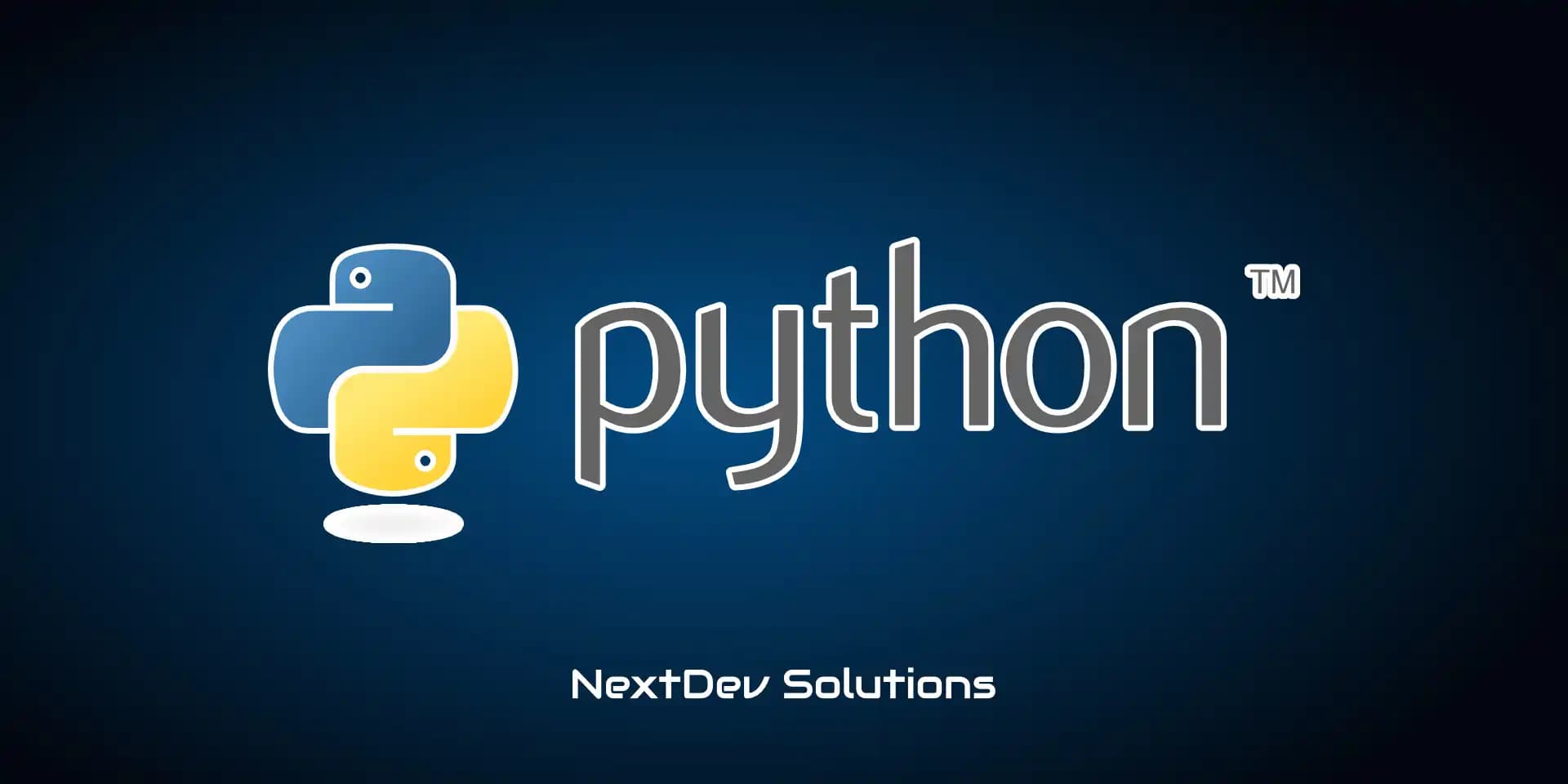
Python Implementations
Python is a versatile and powerful programming language that runs on various platforms. While many developers are familiar with CPython, the default implementation of Python, there are several other implementations designed for different use cases. In this post, we will explore some of the major Python implementations and their unique characteristics.
1. CPython: The Default Implementation
CPython is the standard and most widely used implementation of Python. Written in C, it serves as the reference implementation and is the one you get when you download Python from python.org.
Key Features:
- Interprets Python code and compiles it into Python bytecode.
- Uses a Global Interpreter Lock (GIL), which affects multi-threaded performance.
- Supports a vast ecosystem of libraries and extensions written in C. CPython is suitable for general-purpose development and is the go-to choice for most Python applications.
2. PyPy: A High-Performance Alternative
PyPy is an alternative Python implementation that focuses on performance. It uses Just-In-Time (JIT) compilation to speed up execution.
Key Features:
- Runs Python code much faster compared to CPython due to JIT compilation.
- Optimized memory management.
- Not all CPython libraries are fully compatible. If you're working on performance-critical applications, PyPy can be an excellent choice, especially for long-running tasks.
3. Jython: Python for Java Environments
Jython is an implementation of Python that runs on the Java Virtual Machine (JVM). It allows Python code to seamlessly interact with Java libraries.
Key Features:
- Can import and use Java classes directly in Python code.
- Compiles Python code into Java bytecode.
- No support for C-based Python extensions (such as NumPy and SciPy). Jython is particularly useful when integrating Python with Java-based applications.
4. IronPython: Python for .NET and C#
IronPython is an implementation of Python designed to run on the .NET framework and Mono (a cross-platform .NET implementation).
Key Features:
- Enables interaction with .NET libraries.
- Supports dynamic typing and can work alongside C# and F# code.
- Like Jython, it lacks support for C-based extensions. IronPython is a great choice for developers working within the .NET ecosystem who need Python’s flexibility.
How Python Code is Executed
Regardless of the implementation, Python code generally follows a similar execution process:
- Source Code Execution – When a Python script runs, the interpreter reads and processes the source code.
- Bytecode Compilation – The code is compiled into an intermediate representation called Python bytecode.
- Virtual Machine Execution – A virtual machine (e.g., CPython VM, JVM for Jython, or CLR for IronPython) translates bytecode into machine code for execution. This process allows Python to be highly portable while maintaining efficiency across different implementations. Each of these implementations brings unique advantages, allowing Python to be used in a wide range of environments.
Conclusion
Python's adaptability across different implementations is one of its greatest strengths. Whether you're working with Java, .NET, or optimizing performance-critical applications, there's a Python implementation that fits your needs. By understanding these implementations, you can choose the best tool for your development workflow.
